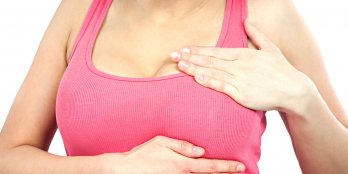
New study finds just 9 grams of processed meat per day can increase women's risk for breast cancer
New research has found that post-menopausal women who eat just 9g of processed meats a day could be at a greater risk of developing breast cancer.
The study[1] published in the European Journal of Cancer examined 260,000 middle-aged British women and revealed that even those who ate less than 9g of processed meats a day were still 15 per cent more likely to get breast cancer than those who refrained completely.
Breast cancer is the most common female cancer and accounts for 11,000 deaths in the UK each year, according to the most recent figures[2].
The research from the University of Glasgow found that post-menopausal women who eat just three rashers of bacon or two sausages on a weekly basis are a fifth more likely to contract the disease.
Public health researchers at the university believe processed meats could be responsible for hundreds of cases of breast cancer each year that could be avoided.
When the research was combined with ten previous studies accounting for 1.7 million women and 40,000 cases of breast cancer, it revealed that eating processed meats could increase the risks for post-menopausal women by a tenth, The Times reports.
Avoiding Cancer
The risk of developing cancer sometime in our lives is already around 40%-50%[3][4], so it's crucial we do everything in our power to avoid this disease.
But can diet reduce our chances of contracting cancer?
A 2012 analysis of all the studies done to date concluded vegetarians have significantly lower cancer rates. For example, the largest forward-looking study[5] on diet and cancer ever performed concluded that “the incidence of all cancers combined is lower among vegetarians.”[6]
But what about vegans?
A study[7] from Loma Linda University funded by the National Cancer Institute reported that vegans have lower rates of cancer than both meat-eaters and vegetarians.
Vegan women, for example, had 34 percent lower rates of female-specific cancers such as breast, cervical, and ovarian cancer - and this was compared to a control group of 'healthy omnivores' who ate substantially less meat than the general population (just two servings a week or more), as well as after controlling for non-dietary factors such as smoking, alcohol, and a family history of cancer.
Why do vegans have such lower cancer risk? It may be due to the level of a cancer-promoting growth hormone in the body called IGF-1[8]. Consuming animal protein increases[9] the levels of circulating IGF-1 in our body, but within two weeks of switching to a plant-based diet, IGF-1 levels in the bloodstream drop[10] sufficiently to help slow the growth of cancer cells.
Studies[11][12] comparing levels of IGF-1 in meat-eaters vs. vegetarians vs. vegans show that only vegans have significantly lower levels, which suggests we should eliminate animal products from our diets altogether.
Vegans were also shown to have lower rates of obesity, diabetes, and hypertension as well as significantly lower cancer risk[13].
Groundbreaking research done by Dr. Dean Ornish and Nobel Prize winner Dr. Elizabeth Blackburn found that a vegan diet caused more than 500 genes to change in only three months[14], turning on genes that prevent disease and turning off genes that cause breast cancer, heart disease, prostate cancer, and other diseases.
This is extremely empowering news, given that most people think they are a victim of their genes and that contracting these diseases at some point cannot be helped. We aren’t helpless at all; in fact, the power is largely in our hands, or rather, in our forks.
References
1. https://www.ncbi.nlm.nih.gov/pubmed/29274927
3. http://www.cancerresearchuk.org/health-professional/cancer-statistics/risk/lifetime-risk
5. http://nutritionfacts.org/video/vegetarians-versus-healthy-omnivores/
6. http://www.ncbi.nlm.nih.gov/pubmed/19279082
7. http://www.ncbi.nlm.nih.gov/pubmed/23169929
8. http://nutritionfacts.org/video/igf-1-as-one-stop-cancer-shop/
9. http://nutritionfacts.org/video/protein-intake-and-igf-1-production/
10. http://nutritionfacts.org/video/the-answer-to-the-pritikin-puzzle/
11. http://nutritionfacts.org/video/how-plant-based-to-lower-igf-1/
12. http://www.ncbi.nlm.nih.gov/pmc/articles/PMC2374537/pdf/83-6691152a.pdf
13. http://nutritionfacts.org/video/uprooting-the-leading-causes-of-death/
14. http://www.huffingtonpost.com/2012/01/06/ornish-diet-heart-health-us-news_n_1188205.html
Subscribe!
Love this content?
Receive our awesome newsletter straight to your Inbox!

 Your email address will always stay private.
Your email address will always stay private.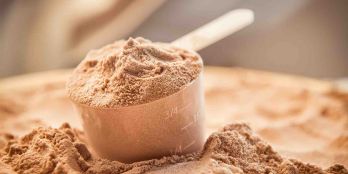

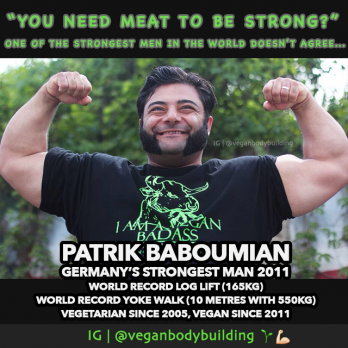
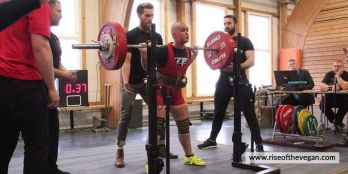
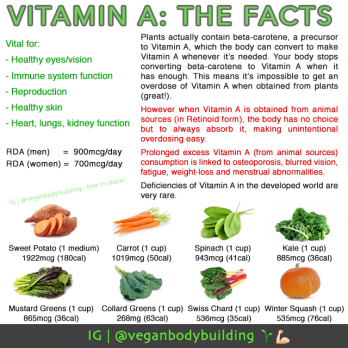

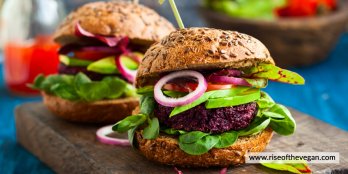



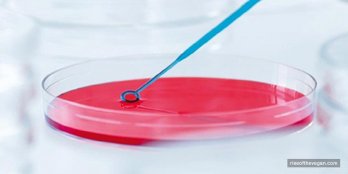
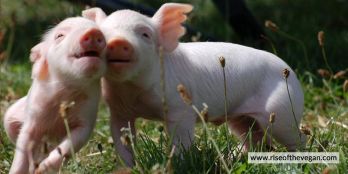
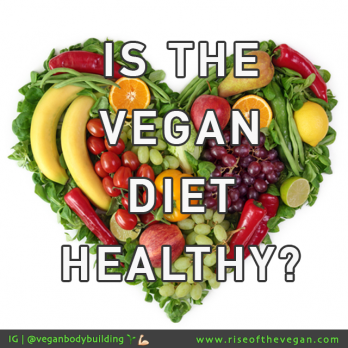



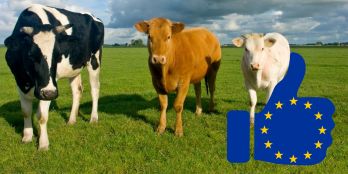

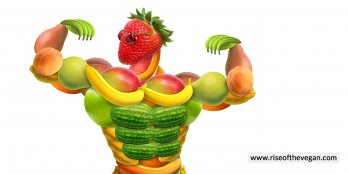
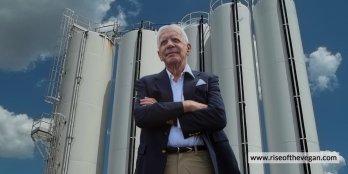
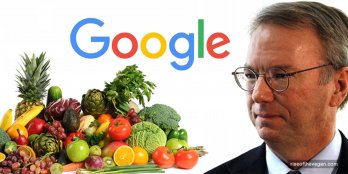
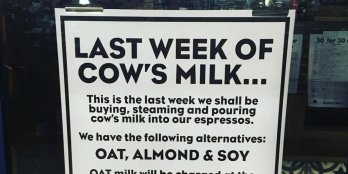
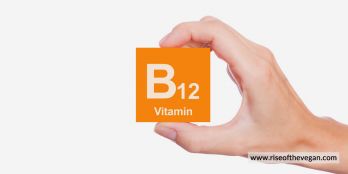



Comments
Not 9 g/week. 9 g/day! There's a stat sig increased hazard risk of breast cancer at <4 g/day.